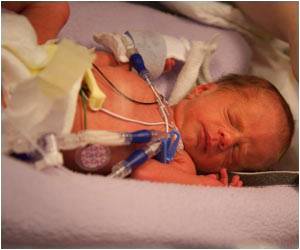Parents in Canada, Britain and Italy have to deal with greater crying by their babies. Struggling with babies is least common in Denmark, Germany and Japan.

TOP INSIGHT
As childcare and the family unit has largely transformed over the last half century and across different cultures, new universal guidelines were needed for modern parents and health professionals to assess normal and excessive levels of crying in babies.
As childcare and the family unit has largely transformed over the last half century and across different cultures, new universal guidelines were needed for modern parents and health professionals to assess normal and excessive levels of crying in babies.
So Wolke formulated universal charts for the normal amount of crying in babies during the first three months.
In an analysis of studies involving almost 8700 infants -- in countries including Germany, Denmark, Japan, Canada, Italy, the Netherlands and Britain -- Wolke calculated the average of how long babies fuss and cry per twenty-four hours across different cultures in their first twelve weeks.
On average, it was found that babies cry for around two hours per day in the first two weeks.
However, some infants were found to cry as little as 30 minutes, and others over five hours, in twenty-four hours.
In contrast, lowest colic rates were reported in Denmark, Germany and Japan.
The current definitions for determining whether a baby is crying too much and suffering from colic, are the Wessel criteria, which were formulated in the 1950s.
"The new chart of normal fuss/cry amounts in babies across industrialised countries will help health professionals to reassure parents whether a baby is crying within the normal expected range in the first three months or shows excessive crying which may require further evaluation and extra support for the parents," Wolke said.
Source-IANS
 MEDINDIA
MEDINDIA




 Email
Email




